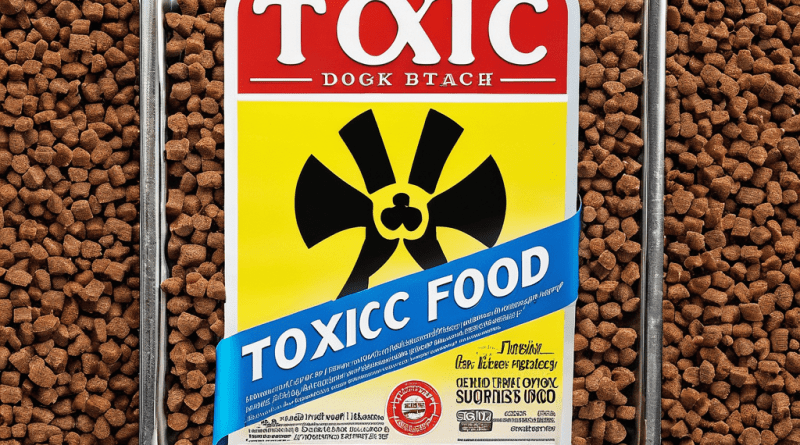An Insider Look at Dog Food Recalls and Vitamin D Toxicity
Hello, pet lovers! Bea here, your friendly neighborhood nutritionist and a long-term pet food industry worker. I spend each day dedicated to your pets' well-being, bringing you the most important updates on pet food and animal health. Don't forget to follow PetsFI for more enlightening posts like this.
Recently, a popular Veterinary brand announced an unsettling recall of one of their dog food products- a unique Veterinary prescription diet. Reports state that certain bags of the food were found to contain excessive levels of vitamin D, potentially putting our furry friends at risk. The recall was conducted after two incidents of vitamin D toxicity tied to the food were reported. It's heartening to learn that both canines have since recovered after being taken off the diet.
An overdose of vitamin D in animals can initially cause symptoms such as loss of appetite, vomiting, or diarrhea, mimicking common GI problems. If left unchecked, dogs may also develop signs of kidney disease, including increased urination and drinking. In severe cases, kidney failure can occur.
This prescription diet is primarily distributed through veterinary clinics, but it can also be found in authorized retailers. If your canine is currently on this diet, it’s essential to stop feeding it to them immediately, and consult your vet for advice and a possible check-up.
Alas, vitamin D toxicity in pets isn't a rare occurrence. Unfortunately, some pesticides used to kill rodents contain high amounts of vitamin D, and dogs could accidentally ingest these toxins. On top of that, diagnosing vitamin D toxicity isn't always straightforward. Routine tests may only reveal high calcium or phosphorus levels, leaving the actual cause overlooked. Therefore, it's vital to keep an eye on any unusual behavioral or health changes in your beloved pet, especially if they're feeding on a diet linked to such concerns.
It's troubling to realize that this isn't the first time excessive vitamin D levels have been found in pet food. Over the years, various FDA recalls have been issued due to similar issues, underscoring the unpredictable part of the pet food business. Given the vast scale of this multi-billion dollar industry, it's a challenge to guarantee 100% safety, despite all the testing and regulations in place.
In this light, it's crucial not just to rely on commercial pet food but also to consider incorporating homemade food into your dog's diet—primarily when it helps avoid possible food toxins. If your pet exhibits signs like frequent urination, excessive drinking, or nausea, especially after starting a new bag of food, consider the possibility of food-related toxins as the cause.
While recalls and health risks can be daunting, they serve as helpful reminders to stay vigilant and informed. I deeply believe in empowering pet owners through knowledge, and I'm currently working on a webinar to bring you the latest information on this critical issue. In the meanwhile, continue to monitor your pet's behavior and diet closely. Your constant involvement and awareness are the best tools for ensuring their well-being.
Stay tuned to PetsFI for more informative posts about pet food, diet, and well-being. Together we can keep our pets healthy and thriving. Until next time, keep those tails wagging!




